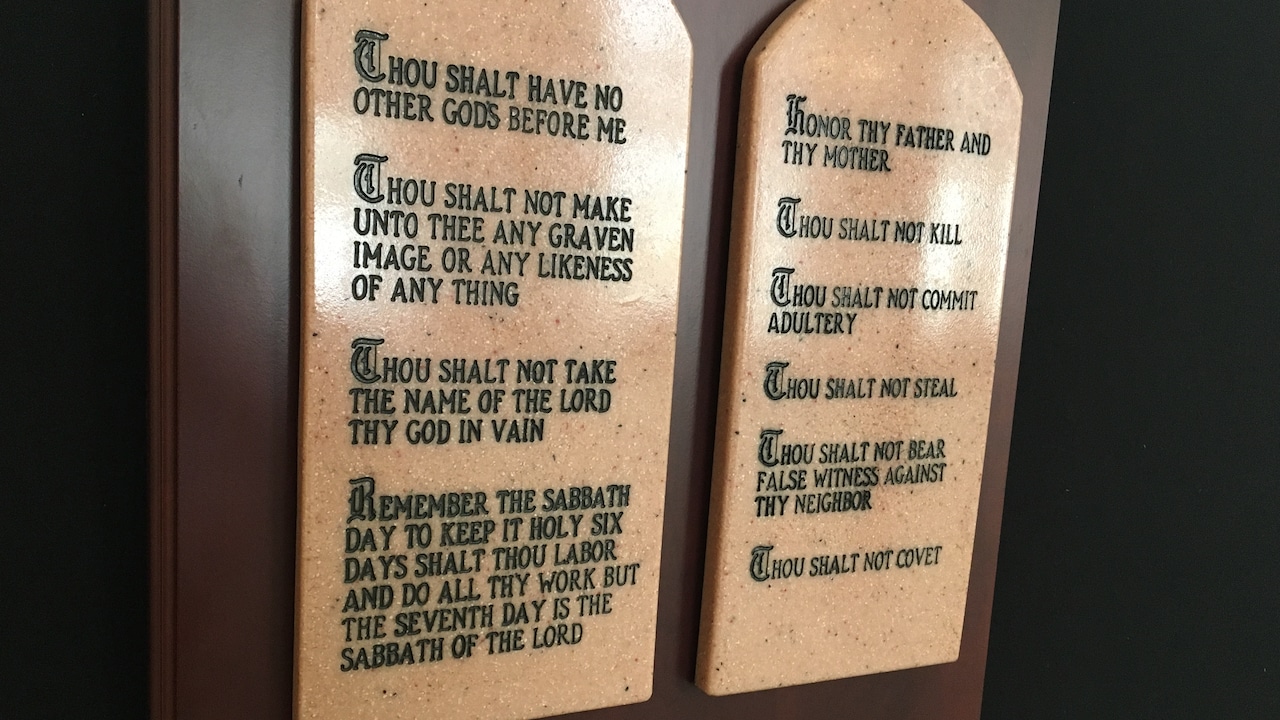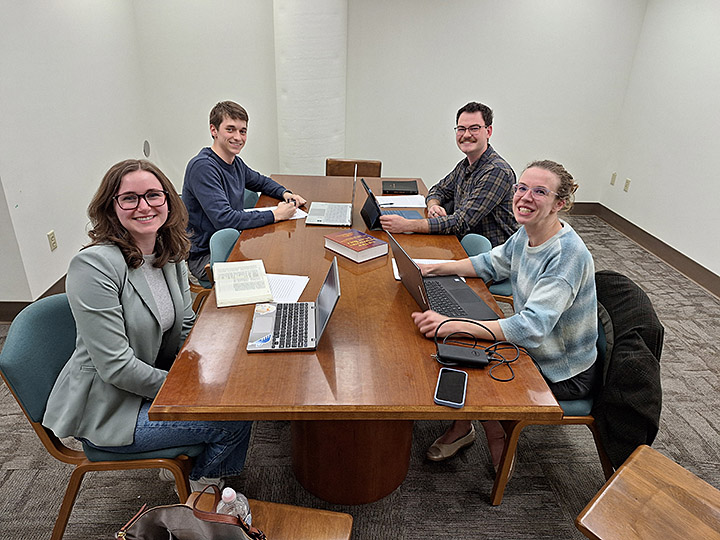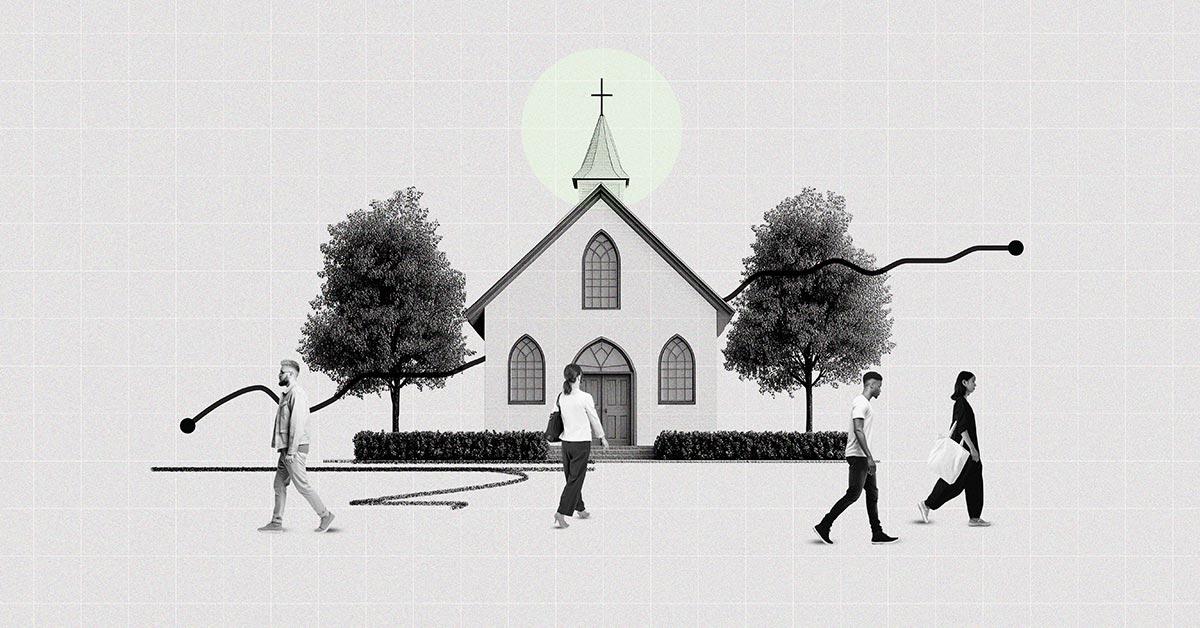Divine Intervention: Alabama's Bold Move to Embed Religious Instruction in Classrooms
Religion
2025-04-01 11:45:00Content

Religious Education Sparks Controversy: Alabama Lawmakers Propose Six Education Bills
The Alabama Legislature is currently deliberating six controversial bills that aim to introduce more religious elements into the state's educational system. These proposed legislations have ignited passionate debates about the separation of church and state, and the role of religious influence in public schools.
The bills represent a significant push to integrate religious perspectives and practices into educational environments, potentially reshaping how students experience learning and religious expression. Supporters argue that the proposed legislation protects religious freedoms and allows for greater spiritual representation in schools, while critics warn about potential constitutional challenges and concerns of maintaining secular educational spaces.
As these bills move through the legislative process, educators, parents, and community leaders are closely watching the potential implications for Alabama's educational landscape. The outcome could set a precedent for how religious expression is approached in public school settings across the state.
Religious Education Crossroads: Alabama's Legislative Battle Over School Spirituality
In the heart of the Deep South, Alabama finds itself at a critical juncture where legislative efforts are poised to fundamentally transform the relationship between religious expression and public education, sparking intense debate about constitutional boundaries and academic freedom.Where Faith Meets Classroom: A Controversial Legislative Landscape Unfolds
The Constitutional Conundrum of Religious Legislation
The Alabama Legislature is currently navigating a complex legal and ethical terrain with six proposed bills that aim to integrate religious perspectives more deeply into educational institutions. These legislative proposals represent a significant challenge to the traditional separation of church and state, potentially reshaping how spiritual beliefs intersect with public education. Legal experts argue that these bills could trigger substantial constitutional challenges, raising critical questions about the First Amendment's establishment clause. The proposed legislation seeks to create mechanisms that would allow greater religious expression within school environments, potentially transforming classroom dynamics and educational philosophies.Unpacking the Legislative Motivations
Proponents of these bills argue that they represent a necessary restoration of religious freedom within educational settings. They contend that current regulations have marginalized spiritual perspectives, creating an environment that they perceive as hostile to religious expression. The proposed legislation aims to create more inclusive spaces where students and educators can openly discuss and explore religious concepts. Conservative lawmakers backing these bills suggest that they will protect students' rights to express their religious beliefs without fear of institutional repression. However, critics warn that such legislation could potentially blur the lines between educational instruction and religious indoctrination.Potential Implications for Academic Curriculum
The proposed bills could dramatically alter how religious topics are approached in Alabama's educational institutions. By potentially mandating more explicit religious discussions or protections, these legislative efforts might fundamentally restructure academic curricula, introducing new complexities for educators and administrators. Educational policy experts are closely monitoring these developments, recognizing that the outcomes could establish precedents with far-reaching consequences beyond Alabama's borders. The legislation represents a significant test of the delicate balance between religious expression and secular educational principles.Community and Stakeholder Perspectives
Diverse stakeholders are engaging in passionate dialogues about these proposed bills. Religious community leaders, civil liberties organizations, educational professionals, and parents are presenting nuanced perspectives that reflect the multifaceted nature of this complex issue. Some argue that these bills represent a necessary protection of religious freedoms, while others view them as potential threats to the secular foundations of public education. The debate extends beyond simple binary positions, revealing the intricate social and philosophical tensions underlying these legislative proposals.National Implications and Legal Challenges
The Alabama Legislature's current efforts are not occurring in isolation. They represent part of a broader national conversation about the role of religious expression in public institutions. Similar legislative attempts in other states suggest a coordinated movement seeking to redefine the boundaries of religious freedom in educational contexts. Constitutional law scholars anticipate that these bills, if passed, would likely face rigorous legal challenges. The potential for protracted judicial proceedings underscores the significant constitutional questions at stake, with potential ramifications for educational policy nationwide.RELATED NEWS
Religion

Faith, Fear, and Statehouse Showdown: When Religious Freedom Meets Political Boundaries
2025-03-16 08:33:30







